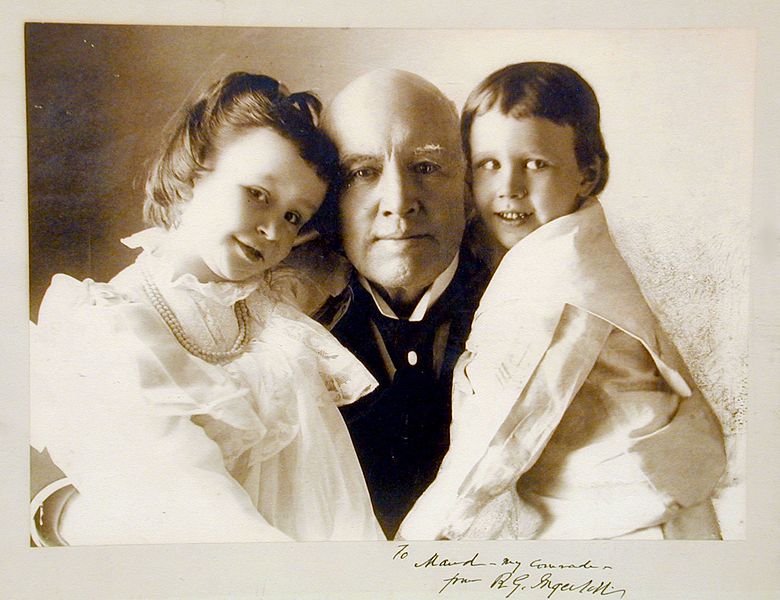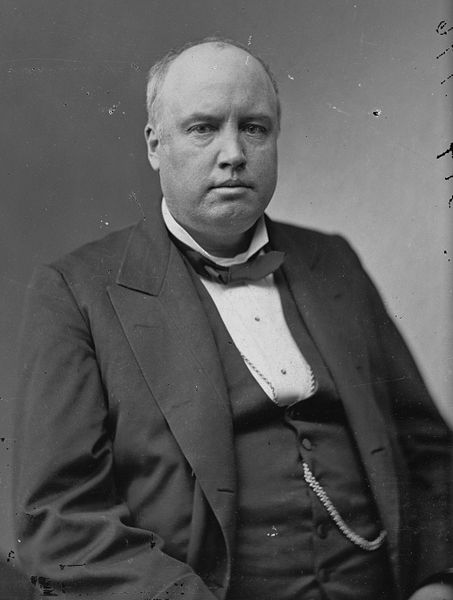One I’ve finished the book I’m currently reading, I’m going to get my hands on Susan Jacoby’s The Great Agnostic, a volume about the 19th-century orator and non-believer Robert Ingersoll, which I’ve posted about before. From “That Old-Time Irreligion,” Jennifer Michael Hecht’s piece in the New York Times Book Review, an explanation of why the historical figure is largely forgotten today:
“The first reason for his obscurity is the same reason many actors who were well known before the age of film have been forgotten: Ingersoll’s greatest fame came from his public speeches, and while the texts of these have been published, it was his performance of them that made him so beloved. In 19th-century America, speeches were a major form of entertainment. As a result, people were real connoisseurs of the craft, and a wide range of listeners thought Ingersoll was an extraordinary orator. In an age when flowery language and effusive emotion were commonly used to keep audiences rapt, Ingersoll was comparatively calm and plain-spoken, yet he was said to be riveting, drawing both tears and peals of laughter.
The second reason he isn’t remembered has to do with what was in those speeches, many of which denounced religion. He called himself agnostic, but whenever he was asked, he replied that for him there was no difference between agnosticism and atheism. He wrote and spoke about a number of topics — Shakespeare was a favorite — but his agnosticism was what most set him apart, attracting devoted followers and fervent detractors. There have been atheists and religious doubters throughout history, but the ones who remain famous after their deaths tend to have been equally famous for something else as well; otherwise, people most notable for their bravery in the face of religious conservatism have to be celebrated by a population equally brave, and that is often too much to ask.”


